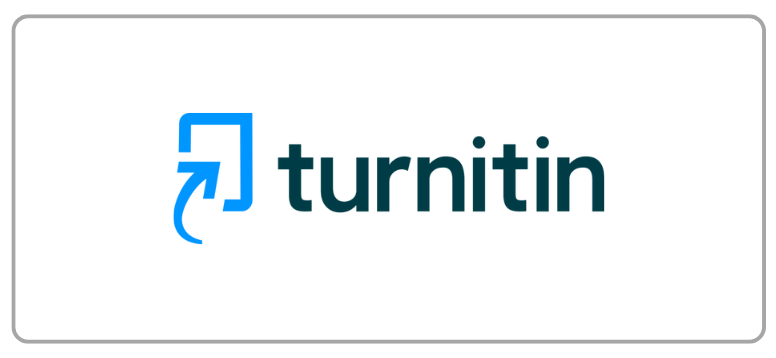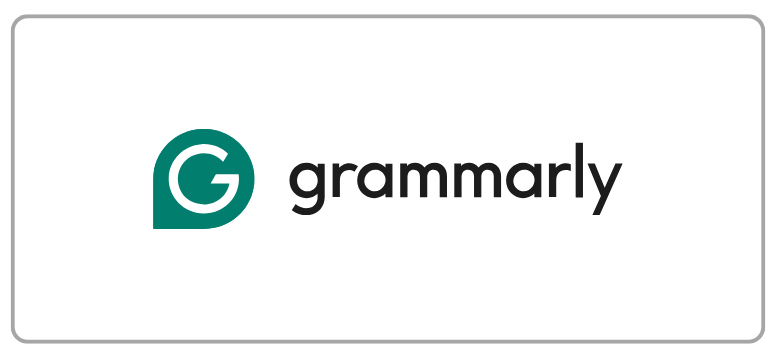Dampak Drama, Anime, dan Musik Jepang terhadap Minat Belajar Bahasa Jepang
DOI:
https://doi.org/10.21512/lc.v1i2.321Keywords:
play, comic, anime, musicAbstract
As a fast growing country in Asia, Japan is placed on higher country, neither in government rule connected with social community or in the economy system. The growth of the country has attracted public attention that makes people want to learn the Japanese language. Many high quality of Japan products are enjoyed by the Indonesian people, especially the ones that connected with media, such as comic books, anime, and play. The problem is whether the students of Japanese language that learning the Japanese language in the university are interested in studying it because of the influence of the products. After doing field research on four different universities that having Japanese Departments, it can be concluded that the influence does not exist. The students choose Japanese Literature because they like Japan and want to learn the language.
Â
References
Anonymous. “Teenege Culture,†Diakses 21 Januari 2005 dari http://www.stat.go.jp?english/data/roudou/154b.htm
Aoki, Naoko, Akito Ozaki, and Satoshi Toki. 2003. Nihongokyouikugaku. Tokyo: Sekaishisousha.
Baker, Chris. 2004. Cultural Studies: Teori and Praktik. Yogyakarta: Kreasi Wacana Yogyakarta.
Bestor, Theodore C. 1989. Handbook of Japanese Popular Culture edited by Richard Gid Powers and Hidetoshi Kato. London. Greenwood Press.
Higurashi, Yoshiko. 1996. Kaigai de Oshieru Nihongo. Tokyo: Aruku.
Morimoto, Yoshiyuki. 1990. Nihongogaku to Nihongokyouiku. Tokyo: Bonjinsha.
Oxford, L. Rebecka. 1994. Gengogakushuu Strateji. Tokyo: Bonjinsha.
Storey, John. 2003. Teori Budaya dan Budaya Pop: Memetakan Lanskap Konsetual Cultural Studies. Yogyakarta: CV Qalam.
Tanaka, Nozomu. 1990. Nihongo Kyouiku no Houhou. Tokyo :Taishuukanshoten.
Downloads
Published
How to Cite
Issue
Section
License
Authors who publish with this journal agree to the following terms:
a. Authors retain copyright and grant the journal right of first publication with the work simultaneously licensed under a Creative Commons Attribution License - Share Alike that allows others to share the work with an acknowledgment of the work's authorship and initial publication in this journal.
b. Authors are able to enter into separate, additional contractual arrangements for the non-exclusive distribution of the journal's published version of the work (e.g., post it to an institutional repository or publish it in a book), with an acknowledgment of its initial publication in this journal.
c. Authors are permitted and encouraged to post their work online (e.g., in institutional repositories or on their website) prior to and during the submission process, as it can lead to productive exchanges, as well as earlier and greater citation of published work.
USER RIGHTS
All articles published Open Access will be immediately and permanently free for everyone to read and download. We are continuously working with our author communities to select the best choice of license options, currently being defined for this journal as follows: Creative Commons Attribution-Share Alike (CC BY-SA)


















